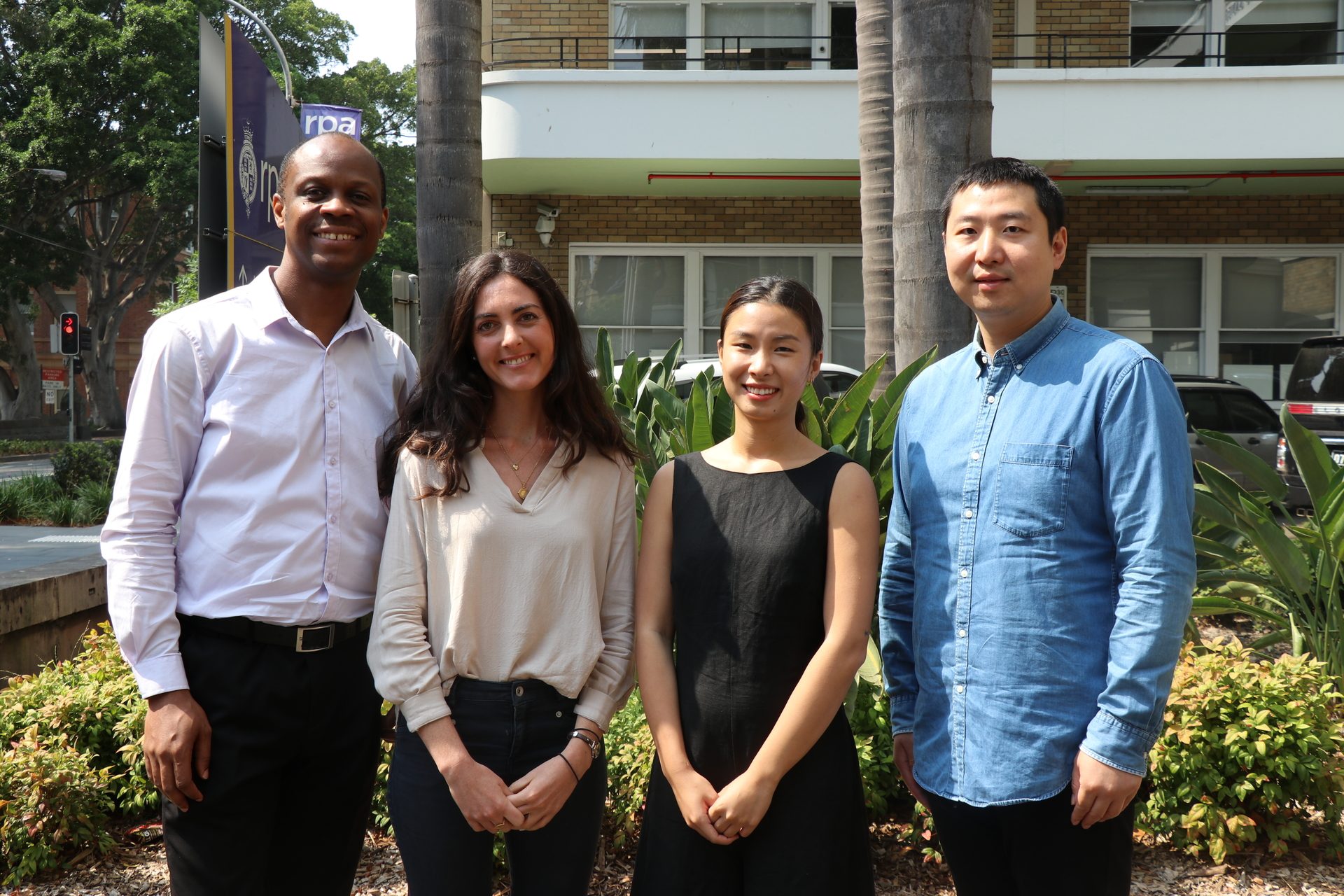
Global health challenges in the next 20 years
In 1999, The George Institute for Global Health set out to tackle the rising epidemic of non-communicable diseases (NCD’s) and injury. Twenty years later, with 700 people globally and projects in more than 50 countries, our work continues to generate effective, evidence-based and affordable solutions to the world’s biggest health challenges.
However, the global health landscape is changing rapidly as a consequence of a myriad of factors, including population growth, ageing, lifestyle changes and new pandemics of chronic disease and injury. This is placing unprecedented demands on already overstretched healthcare resources in both higher and lower income countries.
With these new challenges emerging, we asked some of our PhD students for their thoughts on what will be the biggest health challenges in the next 20 years.
Here’s what they had to say.
Belinda Ford, PhD Candidate, Injury Division
“There is an overwhelming amount of information recorded digitally about patients and health outcomes. We need to invest in better infrastructure and communication systems locally and globally that will help us track and monitor health, disease and interventions in real time. By implementing better ways to record and capture information, we can find better ways to use information. We can put the patient at the centre of their health care, surrounded by informed providers.”
Azeb Tesema, Research Associate & PhD Candidate, Health Systems Science Division
“I believe NCDs are the biggest challenge for global health and according to the World Health Organization, they are now the leading cause of death worldwide. However, health systems’ responses are not matched to tackle the challenge. This is particularly acute in low and middle-income countries, where resources are limited for NCDs. Strengthening primary health care systems to provide NCD services, which are accessible and affordable by the poor, needs to be the focus for global health stakeholders.”
Briar McKenzie, Research Assistant & PhD Candidate, Food Policy
“I believe the biggest global health challenge for the next 20 years will be changing to environmentally sustainable and healthy diets in an equitable manner throughout all societies.”
Dr Brendon Neuen, Oxford Australia Clarendon Scholar, University of Oxford and
PhD Candidate, Renal & Metabolic Division
“Identifying and improving treatments for people living with NCDs will continue to be important. But it is essential is that we ensure that new evidence is put into practice more quickly, and that those who need treatment the most can access it - wherever they might live.”
Daisy Coyle, PhD Candidate, Food Policy
“As a research dietitian in the public health sector, I believe that an ever-growing challenge we need to overcome is the double burden of malnutrition – over- and under-nutrition. We need to invest in the development of innovative, sustainable solutions for all societies that can tackle a multitude of contributing factors.”
Zien Zhou, PhD Candidate, Neurological & Mental Health Division
“I believe the biggest global health challenge will be figuring out how to balance evidence-based clinical practice for the overall population with individualised treatment.”
Joseph Alvin Santos, PhD Candidate & Research Assistant, WHO Collaborating Centre Salt
“NCDs, in particular cardiovascular disease and diabetes, will be one of the biggest global health challenges in the next 20 years – as they are now. The burden of NCDs continues to grow, especially in lower-income settings where resources are scarce and there’s competing health interests. Although there has been collective actions to reduce premature mortality from NCDs, I think there has been limited evidence of reductions in NCD rates, especially in LMICs.”
Jessica Gong, Scientia PhD Candidate, Mental Health Program
“The biggest challenges we will face and will have to overcome in the forthcoming decades include the drastic increase in ageing populations and hence age-related diseases; double disease burden among the world’s most vulnerable communities; and the impact of climate change aggravating the spread and occurrence of both communicable and non-communicable diseases.”
Dr. Tamara Young, PhD Candidate, Renal & Metabolic Division
“I believe the biggest global health challenge in the next 20 years will be the rise in chronic NCDs and the associated burden of treatment.”
Dr Kenneth Yakubu, PhD Candidate, Health System Science
“Guaranteeing access to a skilled health workforce in a sustainable and equitable manner will be the biggest global challenge in the next two decades.”
Thomas Bradbury, PhD Candidate, Respiratory Division
“I believe the biggest challenge globally will be meeting emission reduction targets in order to mitigate the effects of pollution and anthropogenic climate change on the health of people across the world.”
Courtney Ryder, PhD Candidate, Injury Division
“Health inequities –the presence of avoidable and discriminatory health disparities - exist due to unequal differences between populations in society, stemming from power, control, ownership, rights, education, and socioeconomic status. They produce unjust differences (burden, mortality, risk) in the health and well-being of different populations. They are preventable, but this requires research and government changes to challenge the current normative framework. For example, a focus on sovereignty and self-determination in Aboriginal and Torres Strait Islander health.”


